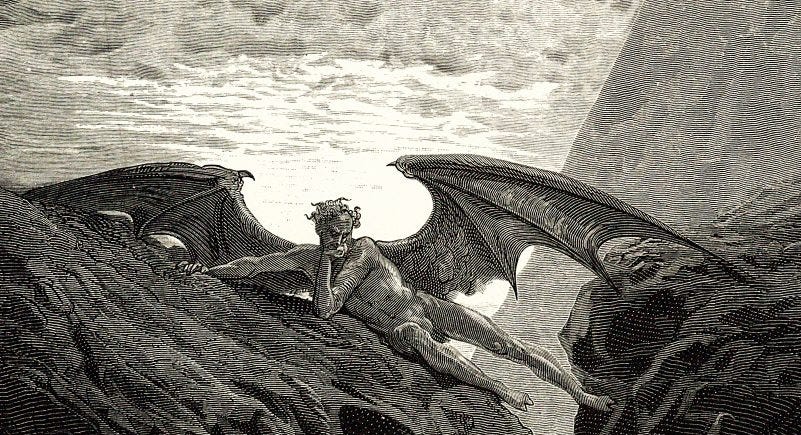On Mental Health and Writing
What my past self needed to hear. Though I doubt he would've listened anyway
(I wrote this the day before the election. Then for a while I lost the will to post anything on the Internet. But now who knows, maybe this is even a bit more relevant than it would’ve been.)
At the end of his freshman year in college, my father had a breakdown.
I don’t know very much about what happened, but I do know that he ended up on suicide watch at McLean, a mental hospital just outside Boston. It took two years of psychoanalysis in Chicago before he was ready to go back to school again. (My middle name, Thomas, is actually a tribute to my father’s psychoanalyst, whose name was Thomas French.)
Pa (we only ever called him Pa) never talked about his breakdown, but in spite of that—or maybe because of it—the story became a foundational part of our family mythology: the Legend of Pa’s Breakdown. Of course there’s a longstanding romantic association between creativity and madness, and when my father went on to become a poet—in fact a very successful one—his brush with mental illness became part of his origin story as an artist.
This goes some way to explaining why when I was younger I was so slow in taking care of my own mental health.
For a long time it didn’t occur to me that I might have any mental health issues at all. My father was a powerful, charismatic presence in our family, a lot to live up to, and as a result—and I know how stupid this sounds—I didn’t really believe I was good enough to have mental health issues. Mental health issues were for geniuses! Like Pa! I was no genius. Whatever problems I was having were just about being bad at life.
But eventually, by my late 20s, it was apparent to even this non-genius that I was struggling with some mental health problems. But even then I still didn’t take responsibility for them, because by that time I’d decided that I wanted to be a writer, and I thought you needed to be a bit crazy—like my dad—to be a successful artist. Art was about wrestling with your demons, and if I got rid of my demons I wouldn’t be able to write anymore! (The fact that I was having no success whatsoever as a writer should’ve been a clue here. But it wasn’t.) (Also I don’t mean to exaggerate my mental health struggles. They were agonizing for me, but in the grand scheme of things they were nothing unusual. Depression, anxiety, a wee drappie of narcissism. Very many have had it very much worse.)
Finally, when I was 35, I realized that I had actually had enough of being miserable. I was depressed as hell, and I wasn’t going to take it anymore! Also I was newly a father, and my baby needed me to be a fully functioning human, and if I wasn’t going to do it for myself, I could at least do it for him. So at the risk of losing my creative soul, I went to see a psychotherapist, and I began taking anti-depressants. What did I have to lose? My writing was going nowhere anyway.
And to my everlasting surprise, this was not the end of my journey as an artist. It was the beginning. A few months after I started therapy I started writing The Magicians, which—after 15 years of struggling— was my first really honest creative work. It was also the first one that was in any meaningful sense successful.
It turned out that my mental health problems hadn’t been fueling my creativity, they’d been holding it back. I had learned the exact wrong lesson from the Legend of Pa’s Breakdown; I’d gotten it completely backwards. It wasn’t his madness that made my father a poet, he became a poet in spite of his madness. It was the therapy that made him a poet.
I still think that making art is about wrestling with demons. What I didn’t get was that when I was sick, I wasn’t wrestling. All those years I spent in the trenches of depression, I wasn’t fighting back. I thought I was, but really I was just lying there on the floor while my demons stood around kicking me, like at the end of a bar fight in a movie.
For me, being healthy doesn’t mean the demons have gone away. They’re still here, and they’re pretty much always up for a wrestle. But I’m pretty sure that most healthy people have demons. It’s the fact that I’m wrestling that tells me I’m OK. And when I write, that’s part of the wrestling too.
I once asked my therapist about all this. What the hell am I going to write about if I’m not depressed anymore? And he answered (wearily, because I was about the billionth sweet summer Brooklyn boy who had asked him this exact same question): do you really think you’re going to forget what it was like?







This is the best and most therapeutic thing I have read in a while. Thank you. I am sure I am not the only one this resonates with.
I shall return with renewed cheer to the delicate and necessary art of demon-wrestling; thank you